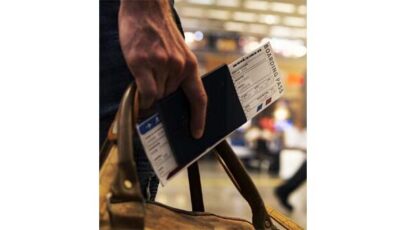UK announces students grant scheme for studying,working in foriegn countries during or after their course

The British government has announced a new students grant scheme which allows students to receive grant from the UK government to study or take trainee ship placements in foreign countries during or after their course.
Named after Alan Turing who cracked the Enigma code during the World War 2, the Turing scheme also offers funded work placements for up to one year after graduating. Study or trainee ship placements can be in any country in the world, lasting from four weeks to one year.
Unlike the earlier active Erasmus+ scheme, which was EU-focused, the Turing program provides opportunity to the UK universities to make partnerships with countries out side Europe including India.
“It’s open to international students, including Indian students who are studying in the UK,” universities minister Michelle Donelan said, The Times of India reported.
Thirty-five thousand placements are up for grabs on the scheme. The first funded placements will commence in September. The scheme has received £110 million in UK government funding in its first academic year. The scheme gives funding to eligible providers in Britain — whether they be schools, colleges or universities — to offer a range of different opportunities, the report said.
Work placements might be at a private company, public body, research institute, foundation, educational center or NGO in any country and study placements will be at foreign universities and colleges. British schools will even be able to partner with schools in India to allow school student exchanges for anywhere from three days to six months, the Times of India reported.
“India students won’t pay additional tuition fees to come to the UK apart from what they are already paying in India to their primary institution,” Donelan said. “This’ll be an exchange as UK universities will broker relationships with universities overseas and each one will waive their fees. Many Indian universities already have relationships with UK universities,” Michelle Donelan said.















